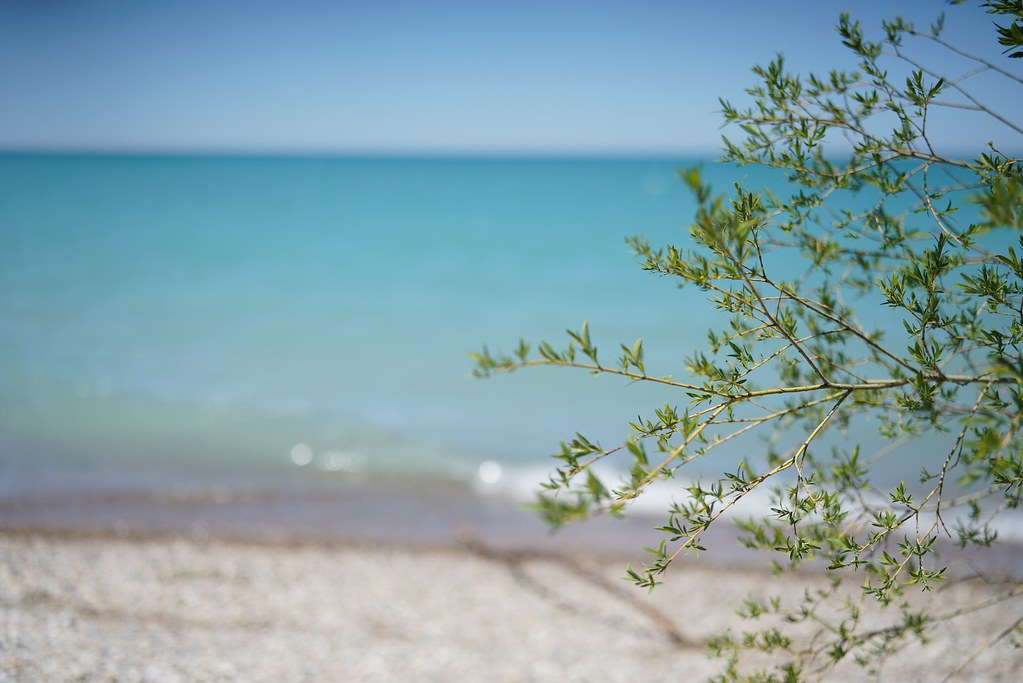Ashley Hales and I met before the world shut down, in a small conference for pastors and those in ministry, The Way of the Lamb Conference in San Diego. Exhausted from ministry, Ashley shared how even still, God is good, and that in God’s kingdom, strength comes through weakness. Today, she invites us to see our limits not as barriers to success or freedom, but the way of flourishing. As we abide in Christ, we’ll be able to move beyond hustle habits and be surprised by a resurrection hope. Here is balm for our weary souls. It’s a grace to welcome Ashley to the farm’s front porch today…
They had curly ringlets and dressed up like Peter, High King of Narnia. Now they are off to middle school — this time in a new town and new state.
I worry about my kids. Transitions are so tender.
Will our calendar get too-full so we squeeze out surprise and delight? Will we make time for the meaningful things? Will this place be a place of flourishing? I wonder if my four children will learn to follow God’s good guardrails.
“Limits, given to the world by a loving God, are the conditions for life.”
But I am so very limited to make transformation happen — but this, I’m finding, is a good thing.
I remember how the world came to be with boundary lines. Limits are built into the fabric of creation as part of God’s loving rule and care.
Limits are not a result of sin, strictures and straight-jackets to hold us down, but a part of God’s very good plan. Creation was given limits: to reproduce, to be subject to the changing of seasons.
Subject to time, change, and a cycle between fallow and flourishing. There were limits on celestial bodies: the sun was to rule the day and the moon the night.
Even the naming of the world, of light and dark, of seas and land, gave meaning to something that before had no meaning. Without the loving setting of limits on the natural world, our world would be without form and void.
Limits, given to the world by a loving God, are the conditions for life.










We think guardrails restrict our freedom. When freedom is freedom from constraints, we live in a world we control—yet we find ourselves caged by the things we chase.
With the start of a school year upon us, we choose hustle and hurry to prove we’re worthy and to prove we belong.
But Jesus shows us the better way.
Jesus shows us how our God-given limits always lead to love. No one expected the Messiah to die, to defeat the powers of death and hell through death, and no one expected the resurrection. And this changes everything.
Until Love Himself breaks in, we have no imagination for resurrection. We must be, as the poet Rainer Maria Rilke said, “grasped by what we cannot grasp,” held by what we cannot hold. And when we, the limited ones, are grasped by the grace of the unlimited One, there we find surprise: the surprise of hope.
“My task is not to read the tea leaves to discern God’s handiwork but to remain within the guardrails He’s given. This is the invitation to hope.”
The resurrection brings the reality of future hope into our present, embodied lives. Jesus meets the despair of Mary and the dejection of the disciples on the road to Emmaus. Hope also pulls up a chair and sits with them in their actual, ordinary lives—where they walk home or find a quiet spot to cry in the garden.
Our imaginations, like theirs, are stunted, limited to the ways and workings of God.
We need the surprising hope of resurrection to meet us right in our dishwashing and studying, in our fighting and our despair, in our walking and mourning.
We need Hope to meet us as we begin a new school year, as we release children into schools and activities, and ask that we all might find ourselves in the story of Jesus.
We need to be met right in the middle of our preening and posturing and regular overwork where we ignore the limits of our time, bodies, affections, and calling.
Resurrection is an invitation to a surprising hope.
I practice praying for surprise as the calendar squares get filled up this fall, longing to be met by a traveler who comes to bring “news from a country we have never yet visited,” a place we will know when we see it (C.S. Lewis). He is a man who dignifies the ordinary, pointing to signposts on the road to resurrection.
My task is not to read the tea leaves to discern God’s handiwork but to remain within the guardrails He’s given. This is the invitation to hope.
Our limits, too, are not strictures holding us back but doorways into intimacy with God. It is only as we acknowledge and embrace the goodness of our limits that we can embrace hope.
“It is only as we acknowledge and embrace the goodness of our limits that we can embrace hope.”
Those who control and cajole, who court approval and fame, who must keep performing to be loved, often remain mired in cynicism. Grace upends. Resurrection surprises. Beauty remakes us.
The resurrected Christ meets us in ordinary places in ordinary times through ordinary means. He calls our names like He called Mary’s. Jesus let Thomas stick his hand in His wounds and He walked and talked compassionately on the road to Emmaus.
He invites us to simply walk on the way with Him. He meets us in our dejected despair on the road. He meets us in our incredulity and stiff-arming, He meets us in our sadness, and He meets us in our waiting.
We are free to bring our limited selves to Jesus, knowing hope has the last word.
Let us practice limiting our cynicism and control, our contempt and the supposition that if we just knew more, we would be more.
We are free to bring our real, dejected, limited selves to Jesus. Like beloved children, we are empowered to hope even when the way is dark, knowing we have a good guide who has gone this way before.
“We are free to bring our limited selves to Jesus, knowing hope has the last word.”
Resurrection invites us to hope, not just for ourselves but for our work in the world. Our limits then, aren’t like limps holding us back but gifts of self-restraint to steward. Christ, the only man who was truly free, limited His freedom so that He could give it away in love.
We too, enrobed in that love, are invited to love God and love others—not despite our limits but through them.
As my children file out the door to school and as the calendar fills up this fall, I see them as valiant children of the king.
The king who knows them, loves them, calls them by name, and surprises them with hope.
So we are invited to tend to small things. We change the sheets, we do our work, we welcome children home from school, we bring a meal, we follow in the guardrails of faith.
Jesus, the man of hope, will meet us there.
This too is enough.
Ashley Hales holds a PhD in English literature and thought she’d spend her days writing about writing. Instead, she’s found herself writing books like A Spacious Life and Finding Holy in the Suburbs. She hosts The Finding Holy Podcast, where she asks good questions and hears her guests’ laundry routines, and enjoys speaking and teaching.
A Spacious Life: Trading Hustle and Hurry for the Goodness of Limits is for hustle-weary women who want a better answer than keeping all the plates spinning. In A Spacious Life, Ashley invites her readers to reconsider freedom and significance not in doing more, but in following the way of Jesus right through our limits. The life we crave is found within the confines of God’s loving limits. Ashley helps us recognize that when we live within these boundaries, we discover a life filled with purpose, joy, and rest. Are you ready for a gentler invitation to the life of faith not around your limits, but through them?
Ashley is also offering a downloadable pdf of “pocket practices” — spiritual formation practices small enough to keep in your pocket — when you pre-order a copy of A Spacious Life. We’re desperate for rest, delight, purpose, and a way through loss. Let’s follow Jesus as He shows us how our limits are not barriers to success, but invitations to knowing God and being known by Him. Here is a more spacious life.








